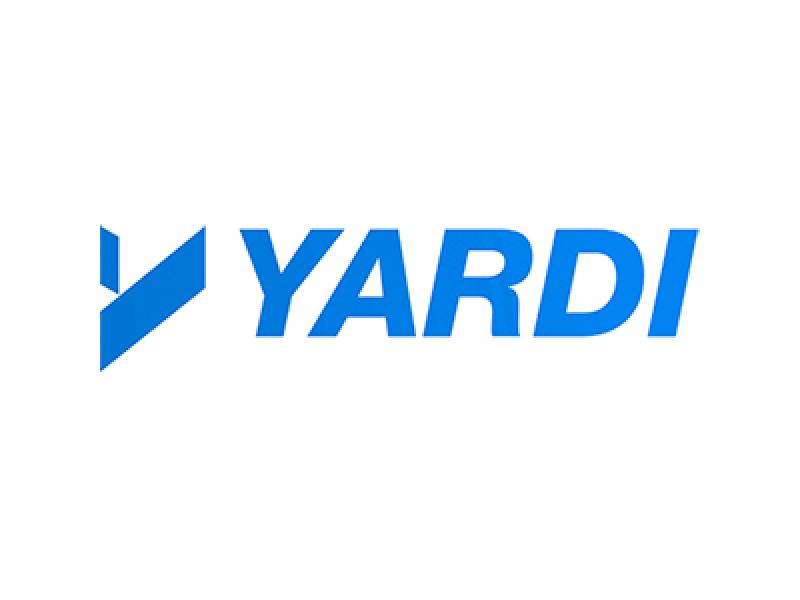
(Image courtesy Yardi/Pexels)
The property technology universe, once studded with a handful of stars, is now strewn with countless constellations. Technologies from artificial intelligence (AI) to augmented reality, driverless cars to big data, blockchain to smart buildings, are transforming the real estate value chain. In turn, savvy Canadian real estate players are setting their priorities on advanced software solutions to help meet tenant needs and mitigate risk while adding efficiency across business operations. These trends signal that the adoption of sophisticated software systems is likely to accelerate in 2022.
PwC Canada has noted, “Digital transformation can play a significant role in both delivering efficiencies and creating the services and experiences customers want. Key areas of focus for real estate companies include embracing construction technology, digitizing operations and increasing their data analytics capabilities.”
Regardless of whether you’re a beginner or a behemoth, understanding the competitive real estate technology landscape can be the difference between merely surviving and thriving amid the coming waves of change.
AI built for CRE management
Most digitization strategies begin with platforms that automate only one aspect of the operation, resulting in spot solutions or siloed problems. Fully integrated systems powered by machine learning, on the other hand, offer the most value for commercial asset managers by capturing, centralizing and analyzing portfolio-wide data.
Developers seeking new properties, for example, can use AI analytics to assess their potential use, pricing and other factors. Asset managers can evaluate their pipelines and match deals with investors, tie capital calls to investment data and generate reports. Retail mall owners and investors, meanwhile, can combine property-level operational data with sales data from mobile sensors, social media and physical store sales, then use machine learning algorithms to analyze key steps in the investment lifecycle, from deal sourcing to portfolio management and risk management.
On another front, technology developers have responded to the rise in demand for shorter leases and flexible space by designing new platforms for visitor and workspace management. These solutions accommodate the tenant’s comfort and risk-aversion expectations with mobile-enabled capabilities for employee announcements, hotel desking, visitor check-ins, amenity marketing, touchless property access, rent payments and maintenance requests.
Accessing a single source of truth provides real-time insights into assets, driving more informed decision-making and enhancing construction project oversight, deal execution, investor reporting and other operations.
Tech designed for multifamily
In the residential sector, 2022 promises more seamless automation in advertising, apartment touring, rent applications, screening with e-signatures and CRM tools. The key differentiator is integrating the marketing and leasing technology with property management to equip managers to attract and convert tenants, confirm which sources garner quality leads, understand the speed of unit turns and identify opportunities for increasing net operating income.
Other innovations on the horizon include chatbots that “learn” with experience and adapt to the subtleties of human conversation with the assistance of AI, which improves subsequent interactions with residents and prospects. This tool will be crucial in attracting and engaging with Gen Zers, the largest and most diverse generation ever, as they enter the rental market.
Forward-thinking owners and operators who implement these platforms will have an advantage over the less tech-savvy competition.
New realms for energy
As operators prepare for GRESB and ENERGY STAR® submission deadlines, best in class managers rely on technology that can simplify Energy and Water Reporting and Benchmarking (EWRB) reporting. In Ontario, EWRB reporting will remain unchanged for 2022 but reporting regulations in other provinces like British Columbia are still being formulated.
Energy management can be much more organized and efficient with different building control system functionality and data points incorporated into one platform. This type of system leverages utility bill data, real-time master and submeter data, demand and consumption analytics, and fault detection and diagnostic alerts, all of which are powerful tools for optimizing building performance. Such solutions also help satisfy tenants and investors for whom ESG and sustainability are growing in importance.
Take action
Data is changing the role of real estate professionals and uncovers new opportunities that help monitor operations and increase revenues. New technology innovations on the market can help property managers attract and retain tenants, work more efficiently with automated operations, mitigate risk and cut costs with a unified enterprise platform that runs on a single database. Property managers’ adoption of these solutions will establish new best practices and create a frictionless experience that will propel the industry in 2022 and beyond.
About Yardi
Yardi® develops and supports industry-leading investment and property management software for all types and sizes of real estate companies. Established in 1984, Yardi serves clients worldwide. For more information on Yardi is Energized for Tomorrow, visit yardi.com.











